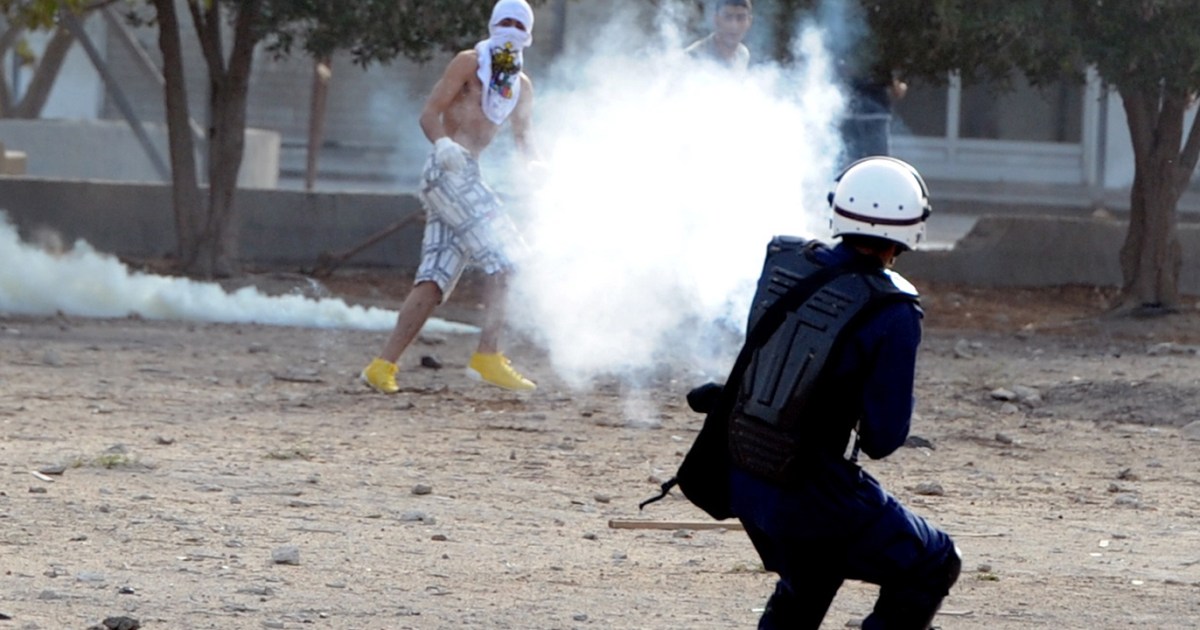The European Parliament has expressed grave concern at the negligence of the Supreme Criminal Court of Appeal in Bahrain, evidence indicating the torture of both Muhammad Ramadan and Hussein Musa, who upheld death sentences in 2014.
Both the Human Rights Committee and the Committee on Relations with the Arab Peninsula in the European Parliament expressed in a joint statement their disappointment that Bahraini oversight bodies had not properly investigated the allegations of torture, and that they had adopted confessions extracted under torture.
The Committees called on Bahrain to comply with its international human rights obligations, to abolish the death sentences issued by it, and to conduct an independent investigation into torture cases.
They stressed that international law strictly prohibits the imposition of the death penalty on the basis of forced confessions.
Last month, 60 members of the European Parliament sent a letter to the King of Bahrain calling for the release of political prisoners.
Members of the European Parliament have expressed grave concern that the detainees - including two European nationals - remain in Bahraini prisons.
European deputies warned against the spread of the Corona virus in prisons, and said that preventive measures - such as social separation - are impossible due to overcrowding, stressing that a number of political prisoners complained to their families about the lack of commitment of prison guards to health measures, and expressed concern about their health status.
Earlier, Spanish parliamentarian Juan Baldovi posed questions to the Spanish parliament regarding the situation of political prisoners and reports of grave human rights violations committed by the regime in Bahrain.
The deputy said that the Minister of Interior Sheikh Rashid bin Abdullah Al Khalifa "was not held accountable for the crimes of torture and extrajudicial killings that occurred under his command."
Baldovi accused another figure from the authority in Bahrain, Sheikh Nasser bin Hamad Al Khalifa, son of the king of the country, that he was directly responsible for torture and was not accused or rebuked by the regime, which reaffirms a culture of impunity with deep roots in Bahrain, according to the Spanish parliamentarian who confirmed "Serious crimes such as torture are permitted at the highest levels of authority."

